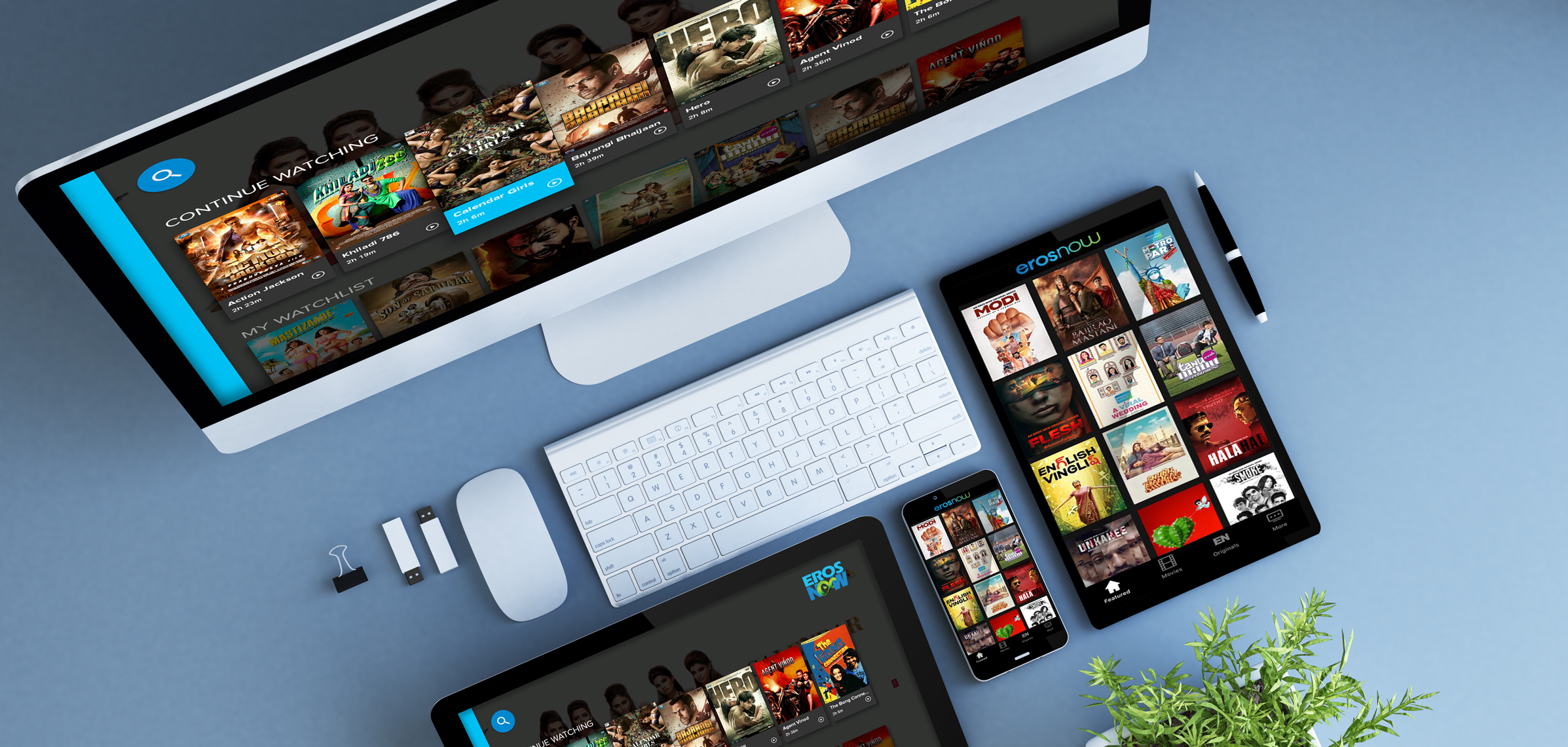BLOG

Date: 24 April 2024

Device Fragmentation is a literal pain for developers. With so many devices available on the market, it is crucial for them to check each one’s coding compatibility. Android, in a report, said that 1,300 Android brands created more than 24,000 unique devices alone.
But the pain doesn’t end with the operating system. Screen size, resolution, versions, hardware capabilities, device manufacturers, network conditions, etc., add to it when it comes to providing quality user experience and eliminating device fragmentation.
Significant challenges faced by the developers are:

With the rise of Artificial Intelligence, dealing with fragmentation has become easier than ever. It offers several solutions to overcome device fragmentation while ensuring a consistent user experience across different platforms. And these are:
Automated Testing
AI-powered testing tools can automatically execute test cases across devices/platforms, adapting test scenarios based on device specs and user behavior to ensure compatibility and consistency.
Device Simulation and Emulation
AI-driven simulation and emulation enable developers to test their apps in a controlled environment that mimics the behavior of various devices and OS, ensuring they cater to a diverse user base.
Dynamic UI Adaptation
AI algorithms analyze user interactions and device characteristics to adapt UI for optimal experience across different screens and inputs.
Predictive Analytics
AI can thoroughly analyze device usage data, predict compatibility issues, and optimize systems proactively to address fragmentation challenges. It provides precise remedies that significantly enhance the user experience.
Cross-Platform Development
AI-driven development frameworks and tools enhance application-building efficiency, enabling seamless operation on multiple platforms and devices. Machine learning algorithms allow these tools to automatically generate code, optimize performance, and maintain uniformity across platforms.
User Behavior Analysis
AI algorithms analyze user behavior patterns to inform decisions about feature prioritization, device support, and UI/UX design for diverse user demographics.
Dynamic Content Adaptation
Content can be dynamically adapted based on device capabilities, network conditions, and user preferences, ensuring optimized content without compromising quality or performance.
AI can also optimize app performance by adapting the user interface and content delivery based on the device being used. By analyzing device specifications and user data, AI algorithms can determine each device’s optimal settings and configurations, ensuring that the app performs optimally and provides a seamless user experience.

AI is emerging as the answer for a seamless user experience across an ever-growing array of devices. Companies like Netflix and Google use AI to personalize content and search results for each device, ensuring a smooth experience for users on multiple devices and platforms.
The future holds even greater promise. As AI matures, it will become adept at understanding user behavior, allowing for hyper-personalized experiences across an expanding Internet of Things (IoT) landscape. Imagine AI adapting interfaces and content to perfectly suit your voice commands or a specific device’s capabilities.
Businesses can bridge the device fragmentation gap by leveraging AI, ensuring a consistent and optimized user experience. This translates to benefits to both companies and users: increased brand loyalty, improved customer satisfaction, and, ultimately, tremendous success for everyone involved.
Thinking of how to manage implementing AI and work with developers? Worry not. At Logituit, we provide the latest technological solutions to help you offer a world-class user experience to your viewers.
SHARE THIS ARTICLE
Stay up to date on latest trend in video tech
Related Posts
ALL RIGHTS RESERVED © LOGITUIT 2024
To provide the best experiences, logituit.com use technologies like cookies to store and/or access device information. Consenting to these technologies will allow us to process data such as browsing behaviour or unique IDs on this site. Not consenting or withdrawing consent, may adversely affect certain features and functions.